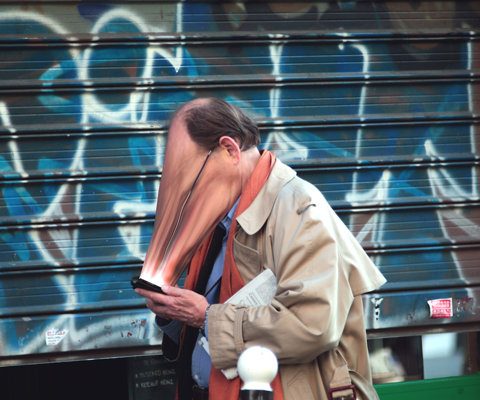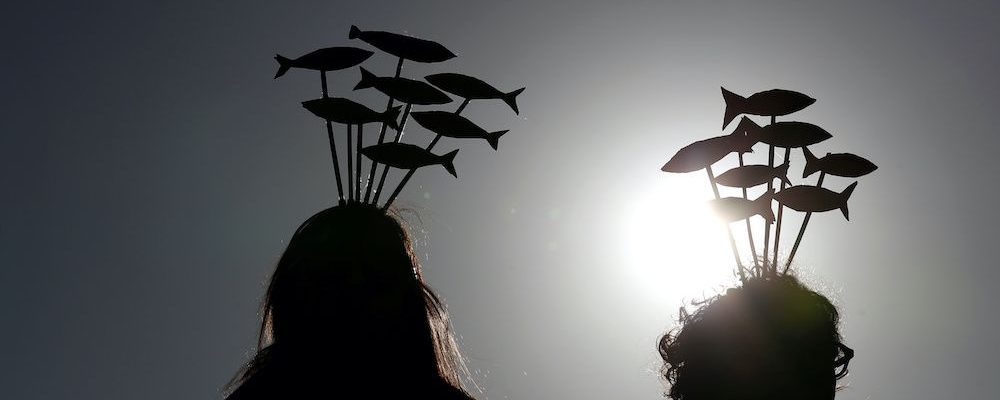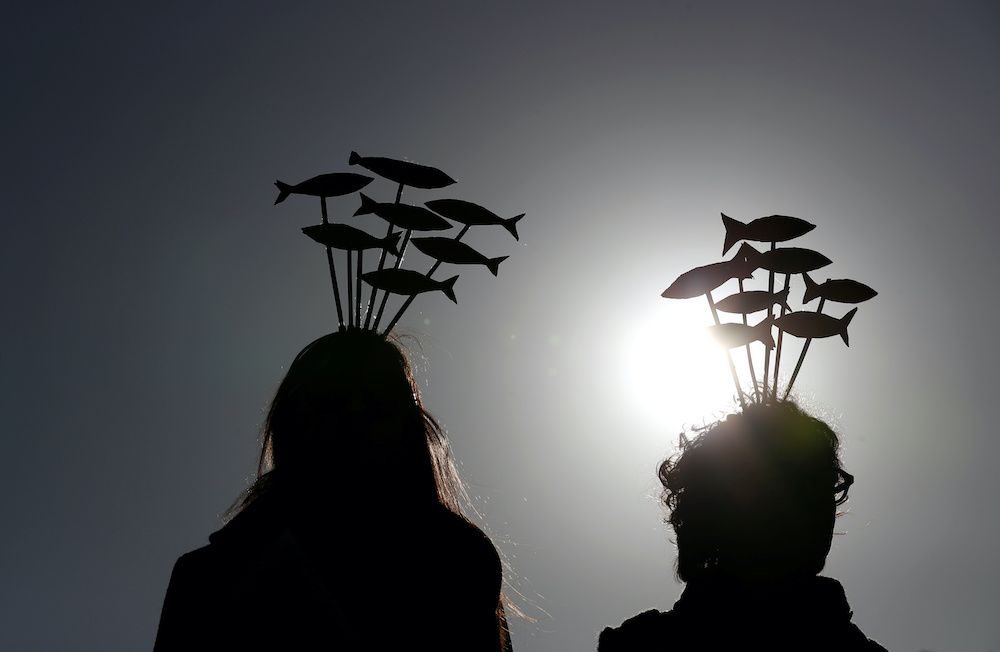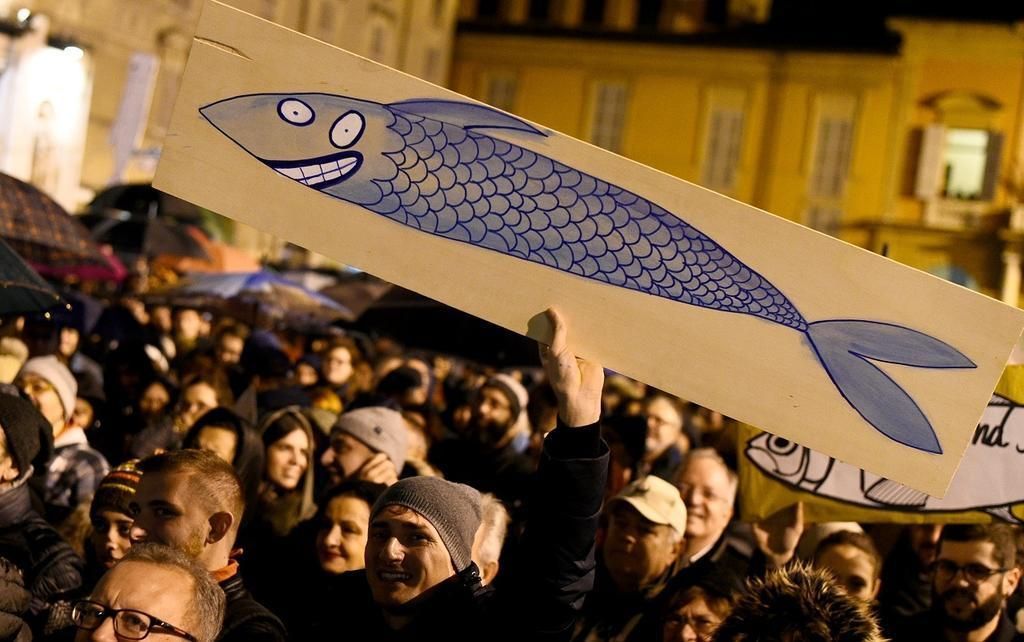Have we forgotten how to concentrate?
We can’t work properly amid a barrage of emails, texts and tweets. Here is how to clear your mind and focus on what matters
Dit artikel werd oorspronkelijk gepubliceerd op April 18, 2010 in The Times / The Sunday Times.
Het werd geschreven door Fleur Britten m.m.v. o.a. Alain de Botton (filosoof) en Timothy Ferriss (leefstijl-ontwerper). De foto’s hebben wij erbij geplaatst, (Fernweh).
Originele bron / original source (trackback): https://www.timesonline.co.uk/tol/life_and_style/health/mental_health/article7…
I must be quite a sight at work. A large paper fish is wedged into my monitor to conceal new email alerts. I wear a Madonna-taking-an-aerobics-class headset, not for hands-free calls, but to block out noise (invariably, there’s someone close by, shouting my name because I can’t hear them). And I read out loud to stop myself just going through the motions. You see, I’m trying to concentrate. And there’s a lot stacked up against it.

In a new book, The Art of Concentration, the health writer Harriet Griffey argues that we are experiencing an attention crisis. Office workers are interrupted every three minutes, so at best we have a three-minute attention span, and 62% of us are addicted to email. Meanwhile, a recent study at the University of California calculated that we are bombarded with 34 gigabytes of information a day, including roughly 100,000 words (a figure that has more than doubled in the past 30 years). What’s more, the trend-spotting agency The Future Laboratory talks of ‘filter failure’, ‘information anxiety’ (fretting about awaited emails) and ‘stuffocation’ (the state of being overwhelmed by years of consumption). No wonder we self-diagnose attention-deficit disorder.
‘In Britain, we work the longest hours and get the least done,’ says The Future Laboratory’s Chris Sanderson. ‘It’s a big problem. An attention economy has emerged, where the scarce commodity is human attention.
‘The ability to concentrate is the X factor’, says Griffey, whose book, promisingly subtitled Enhance Focus, Reduce Stress and Achieve More, unpacks all the latest science (plus Buddhist thinking) on focus. She points out that we are experts at ‘sabotaging, daydreaming and distraction.’ Thirty per cent of the time, we don’t think about what we’re doing. Even the brainiac Alain de Botton struggles. ‘The constant thrill the internet can deliver is hard to challenge,’ he admits. ‘I don’t manage much work while ostensibly at work.’
We are our own worst enemies, says Griffey. We develop avoidance strategies, instinctively seeking the path of least resistance to binge on virtual comfort food. Yet it takes, on average, 15 minutes to refocus after an interruption. Email is addictive because it brings reward: an invitation, a joke, some attention: simple lab-rat science. If I ate food, say, like I checked my digital portals, I’d think I had a serious problem.
I do, and it has a name, coined by a former Apple employee, Linda Stone. Continuous partial attention (CPA) describes this behaviour. ‘We are always on high alert, scanning the periphery for other opportunities,’ she says. CPA, and the concomitant state of the do-it-now mentality, make us multitask, and speedily, so concentration is poor and mistakes are made. We all know that reading emails while on the phone to a client or when out with friends doesn’t work.
Griffey says we can all concentrate well and do the job once. Concentration leads to success. We’d leave work earlier. We’d also get more out of food, music, people, flat-pack furniture, everything. But avoidance, negative thinking and digital dependence are formed habits, so stopping them takes discipline.
There could be longer-term implications. De Botton argues that a lack of concentration is affecting our ability to be alone and unstimulated, and it could make us stupid. While scientists know our behaviour is changing, they don’t know how that affects our neural structure. We must relearn how to concentrate, says De Botton, who has all but banned his children from computers.
Naturally, Griffey, an erstwhile ‘flutter-brain’, is ‘very good now’ at concentrating, but arguably the biggest driver was having children. ‘With babies, you have 90 minutes to yourself, tops, to focus,’ she says. ‘Eight hours now seems an infinite time.’

From the man who thought five hours’ work a week was too much: Timothy Ferriss, the author of The 4-Hour Workweek comes the ‘low-information diet’, where you focus on output (work), not input (news, emails, surfing). Ferriss talks of ‘attention management’ which, he argues, we need like time management. ‘Information consumes attention,’ he says. ‘The only option is selective ignorance – one of the few common traits among top performers.’ De Botton supports this notion: ‘My real work happens in bed or in the bath, away from the infernal machine.’
Information dieters report feeling as refreshed as after a two-week holiday. But as we already know, dieting runs counter to our natural impulses – no wonder we are seeing the rise of internet-addiction clinics. That’s just the start of the attention economy. The Future Laboratory predicts attention managers, deletion parties and time coaches. IBM, Intel and Deloitte are implementing ’technology quarantines’: no-email days, no-computer days even’ and with positive results: improved relations and greater productivity.
If we want results, we need to ‘single-task’, says Ferriss, finishing one task before starting another, and resisting instant gratification. ‘Lots of people say they’d love to write a book,’ says Griffey. ‘I say, you can. You just need to concentrate for long enough. ‘It’s time to start paying attention to paying attention.’
PAY ATTENTION NOW
Practice the five-more rule Force yourself to read for five more minutes, write for five more minutes or learn five more things before getting distracted.
Exercise Mental activities such as sudoku and memory games promote agility. Try meditation, t’ai chi and yoga.
Rest Relax constructively: sports, games and hobbies are good; television is not. Twenty-minute naps refresh the brain.
Be cyber-savvy Only check your emails once an hour and turn off any alerts.
Go rustic Urban settings put you on high alert. If you can’t take a country walk, take lunch in the park.
Know yourself Find your chronotype (are you an owl or a lark?), so you can work when youre most alert.
Prepare Envisage your desired outcome (as golfers do); keep a notepad to hand to record other thoughts and focus on the task.
Don’t try harder, try differently To beat a mental block, pique your interest – tweak your imagination, find your hook.




